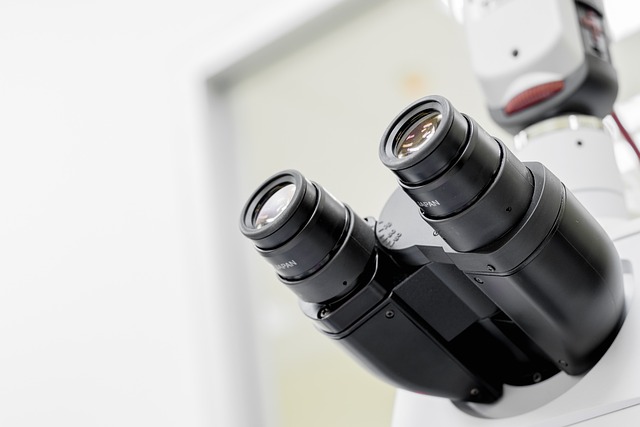
The Science of Habit Management: Innovating Technology in Workplace Culture
In an ever-evolving workplace landscape, the concept of habit management has emerged as a crucial focal point for innovation. As organizations grapple with the challenges of remote work, shifting team dynamics, and the rise of digital communication, understanding the science behind habits has never been more essential. Our daily routines, driven by seemingly small actions, shape the overall culture and productivity of the workplace.
At its core, the science of habit management delves into how we form, maintain, and alter habits. Researchers have found that habits consist of a cue, routine, and reward. This understanding allows companies to implement technology that can influence these components to foster better work environment practices. For example, an employee may find themselves distracted by social media during work hours. By leveraging habit-forming technology, companies can create tools that serve as reminders or set boundaries, promoting focused work periods followed by rewarding breaks.
Technological innovations are playing a vital role in shaping workplace culture, especially when it comes to enhancing habit management. Applications designed for productivity can analyze user behavior, offering personalized insights that encourage employees to adopt healthier work habits. Cloud-based tools allow for habit tracking and goal-setting, enabling teams to collaborate more effectively. This not only enhances individual productivity but ultimately cultivates a workplace culture centered around continuous improvement and support.
Moreover, the integration of artificial intelligence in habit management tools has paved the way for an even more tailored approach. AI-driven analytics can help identify patterns in employee workflows, suggesting optimal times for breaks or deep work sessions based on individual performance metrics. This not only elevates personal productivity but also fosters a shared understanding among teams about their collective working patterns, reinforcing a culture of openness and adaptability.
Implementing these technologies isn’t just about enhancing efficiency; it’s about fostering an environment where employees feel supported in their efforts to cultivate positive traits. When companies invest in habit management systems, they signal that they value employee well-being and recognize the importance of a supportive culture. Transforming workplace culture through the lens of habit management not only drives results but also nurtures loyalty and increases job satisfaction.
As we continue to navigate the complexities of modern work, it’s clear that the intersection of science and innovative technology has the potential to redefine workplace culture for the better. By focusing on habit management, we can harness the power of daily practices not just for individual success but for the collective advancement of the organization. Ultimately, this shift fosters an environment where innovation thrives, and employees are empowered to reach their full potential.



